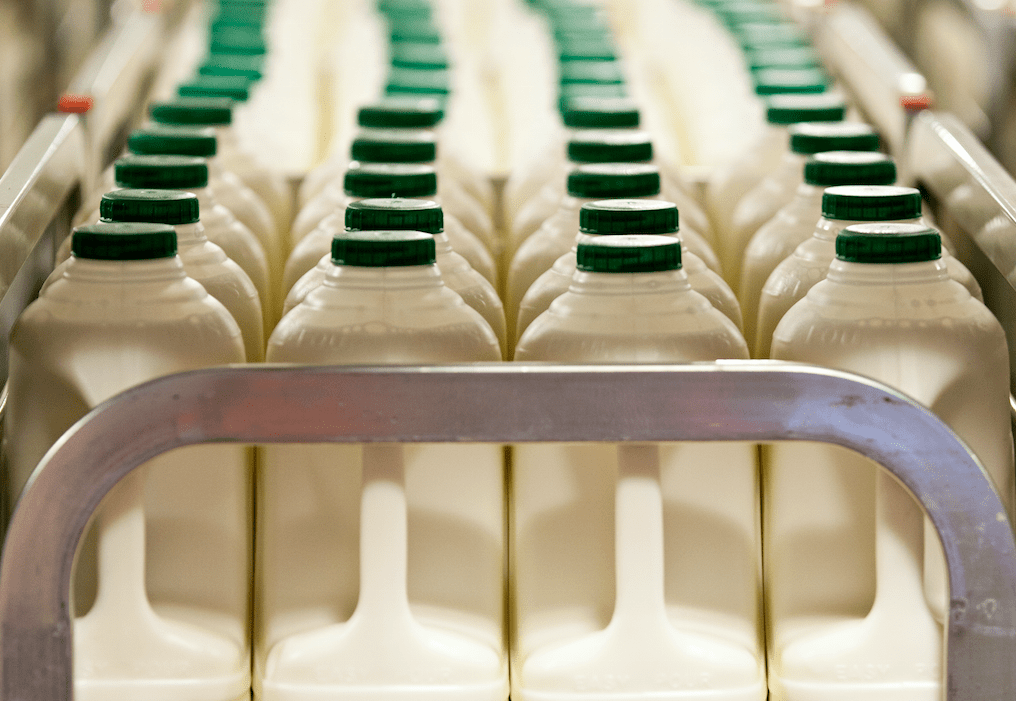Dairy Industry Ireland (DII) has welcomed the announcement that the EU is to ensure that “goods and essential services continue to flow in our internal market”.
The confirmation was made yesterday, March 16, by the President of the European Commission, Ursula von der Leyen – adding that “this is the only way to prevent shortages of medical equipment or food”.
Commenting on the announcement, Conor Mulvihill, director of DII, said:
“While it is vital that we continue to supply the Irish domestic market, it is also important to remember that Ireland exports over 90% of its dairy – the vast majority of this to the single market.
It is hugely important from a public health and nutrition, as well as an economic perspective for Ireland, that we keep these supply chains moving.
“We have been working with colleagues in the Department of Agriculture, in Northern Ireland and across the European Dairy Association (EDA) to guarantee a frictionless continuity for all milk collection in Ireland and the EU – including across borders.
“Also, to assure all supply lines are kept open to manage product flows – to ensure the industry can keep the shelves and fridges stocked.”
1. The smooth and constant supply of milk and dairy products is of vital importance in all stages of the Covid-19 (coronavirus) management plans and in all parts of the Union – at whatever level affected by the virus.
2. Milk and dairy are not a virus transmission vector. This was communicated by the European Food Safety Authority (EFSA).
3. Raw milk is a highly-perishable product that requires processing within 48 hours. Milk collection operations must be maintained without any interruption across the Union.
4. The dairy sector supply chains are completely interlinked across regions and borders in terms of raw milk collection, dairy based ingredient flux and milk and dairy products logistics.
5. Over the past days, we have seen a significant increase in milk and dairy demand in basically all EU member states as Covid-19 (coronavirus) restriction plans are ramped up.
6. This makes it even more critical that supply lines across borders are kept open to manage product flows – to ensure the industry can keep the shelves and fridges stocked.
7. Food business operators (dairies and logistic service provider) have established – in addition to the existing hygiene rules, especially Regulation EU 854/2004 – specific rules for milk collection and milk and dairy logistics.
8. Increasing milk production within the Union up to the seasonal peak (April to June) will even sharpen the challenge for the dairy sector in terms of milk logistics and milk processing. Any additional barrier will inevitably lead to a situation in which failing milk collection and shortages in milk and dairy supply cannot be excluded.
DII concluded: “We continue to engage with all companies daily to ensure a coordinated approach is applied across the Irish dairy and specialised nutrition processing sector.
“We as an association have been taken aback of the commitment by suppliers, drivers, staff and management and we will continue to support them in this unprecedented time.”
